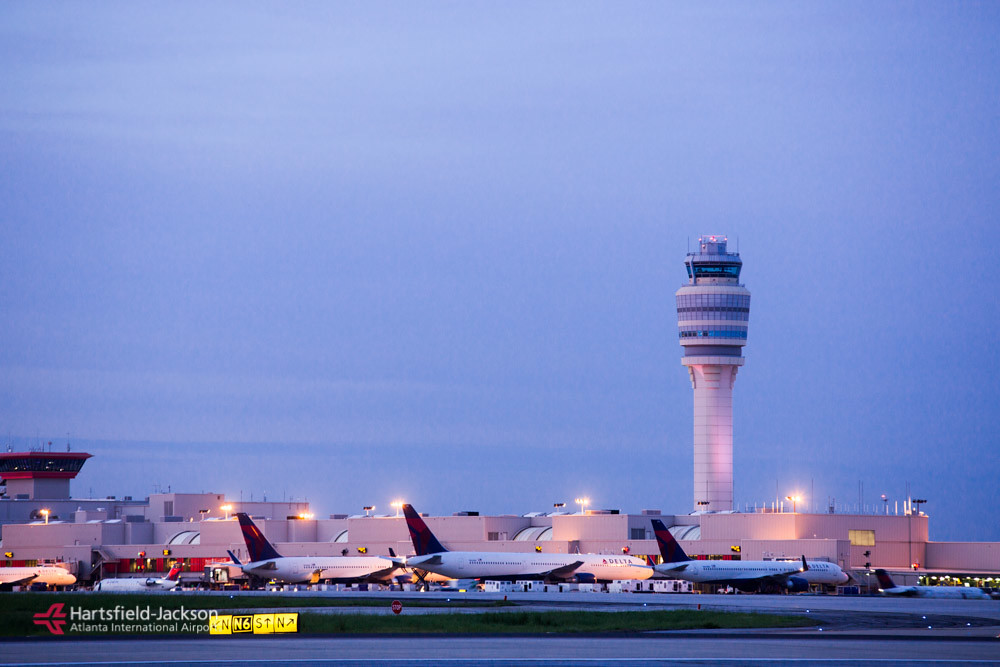The Current Landscape of Logistics
The logistics industry is at a crossroads, confronted with the pressing dual challenge of sustainability and efficiency. This scenario is where Kale Logistics Solutions shines, demonstrating that the paths of digitalization and sustainability are far from opposing; instead, they are complementary forces that can drive positive change. By embedding sustainability into its core operations, Kale creates solutions that not only enhance operational efficiency but also provide tangible environmental advantages, such as reducing carbon emissions, minimizing paper waste, and streamlining supply chains from beginning to end.
Sustainability as a Fundamental Pillar
For Kale Logistics, sustainability is woven into the fabric of its mission—it’s not merely a buzzword but a strategic commitment. According to Rajesh Panicker, Co-founder and COO, “Our organization prioritizes sustainable development as a key component for growth. With the increasing focus on environmental responsibility, industry players are searching for innovative solutions facilitated by technology.”
The Impact of Digital Solutions on Paperless Trade
A noteworthy achievement by Kale is its UN accreditation for promoting paperless trade. Traditionally, paperwork bloated logistics processes, consuming around 10 million copies at a single airport, with numerous documents required for each shipment. The introduction of Kale’s Cargo Community Systems has dramatically cut down this dependency, enhancing efficiency across multiple air and sea ports worldwide. Major installations at spots like Mumbai and Atlanta International Airports have set new standards in the industry, accumulating acknowledgments from the United Nations and earning the title of Technology Solutions Provider of the Year for over a decade.
Reducing Environmental Impact through Digital Transformation
Furthering its commitment to sustainability, Kale launched several initiatives aimed at lessening the environmental footprint of logistics operations. A prime example is the Cargo Community System at Mumbai International Airport that facilitates contactless and paperless transactions. By eliminating the need for hard copies of essential shipping documents like Master Air Waybills, Kale not only improves efficiency but also enhances safety and security for all stakeholders involved in air imports.
Operational Challenges and Solutions
The logistics sector often grapples with operational inefficiencies, some stemming from high resource consumption and hazardous working conditions. Kale tackles these obstacles head-on with the full adoption of technology, using its Cargo Community System to streamline communications among all participants in the logistics arena. This comprehensive approach reduces turnaround times significantly, minimizes reliance on natural resources, and even cuts down on fuel consumption by addressing issues like truck waiting times, as illustrated during the Atlanta airport congestion crisis.
Looking Forward: The Future of Sustainable Logistics
The logistics landscape may have evolved significantly over the past decade, but there’s still more progress to be made. Panicker notes, “There has been a noticeable shift in the industry compared to ten to fifteen years ago. Initiatives like IATA’s e-freight are gaining traction, as airlines now demand handlers to comply with standardized messaging formats.” Collective efforts to achieve carbon neutrality in logistics will be paramount. Kale’s commitment to collaboration with industry partners, technology developers, and government organizations is essential for fostering an ecosystem that prioritizes sustainability.
Innovations on the Horizon
Kale’s vision includes ambitious projects aimed at further enhancing sustainability in the logistics sector, like establishing sea-air corridors that connect major airports and ports. These initiatives will markedly improve the logistics framework for cargo and distribution. The ongoing development at Port Klang, one of the largest ports globally, reflects these advancements, transitioning to the forefront of logistics operations.
Advice for the Industry
As the digital revolution propels sustainability in logistics, stakeholders must adopt a consistent strategy to embrace technology. Panicker’s insight for logistics companies is simple: “Consistency is vital. Without it, you risk losing your place in the market. Incremental digitalization across processes will yield greater value.” Kale’s journey underscores that by melding digital transformation with environmental initiatives, the logistics industry can craft a framework that marries operational excellence with ecological responsibility.
Conclusion
The advances made by Kale Logistics in merging digital initiatives with sustainability offer a glimpse into the future of logistics. Through collaborations, comprehensive technology adoption, and an unwavering commitment to environmental goals, Kale is reshaping the supply chain landscape. Companies looking to enhance their logistics operations would benefit from the comprehensive transportation solutions offered by GetTransport.com. With its cost-effective approach, GetTransport.com provides affordable global cargo transportation solutions ranging from home and office moves to freight deliveries of all sizes, ensuring that shipping needs are met reliably and efficiently.
In summary, the interplay between digital solutions and sustainability is captivating. The value of firsthand experiences in logistics can never be underestimated, though reliable information and insights can guide businesses in making informed decisions. GetTransport.com allows individuals and companies to secure their cargo transportation at competitive rates globally, maximizing efficiency without breaking the bank. Explore the convenience of securing logistics solutions that meet diverse needs effortlessly—Book now at GetTransport.com.

